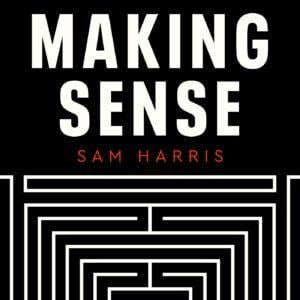
In this episode of “The Mel Robbins Podcast,” Mel Robbins explores the fascinating topic of addiction to stress and drama. She is joined by Dr. Scott Lyons, a renowned body-based trauma expert, who provides insights, tools, and strategies for removing drama from our lives.
Dr. Scott Lyons explains that addiction to drama is a way for individuals to identify and label their childhood trauma and chaos. It manifests through unnecessary turmoil, exaggeration, and dysfunctional use of energy and emotion. Signs of drama addiction include extreme language, anxiety or boredom in calm situations, gossiping, craving extreme sensations or situations, and drama bonding. Generalizing one bad situation as a pattern and retelling the same story multiple times are also indicators of drama addiction. It is important to recognize these patterns and behaviors in order to remove drama from our lives.
Childhood experiences play a significant role in shaping our ability to receive love and feel safe. Addicted to drama is a way for individuals to cope with unresolved childhood trauma and chaos. Passive-aggressive behavior can be a manifestation of addiction to drama. It is crucial to address and heal these underlying traumas in order to break free from the cycle of drama addiction and create healthier relationships.
Drama addiction can manifest both externally and internally, affecting individuals with both loud and quiet personalities. Those addicted to drama often create stories and emotional responses to events that are not happening in reality. This can lead to a sense of constant urgency and disproportionate emotions. Recognizing and challenging these internal dramas is essential for experiencing peace and happiness.
Understanding and addressing drama addiction is critical for finding peace and happiness in life. Building awareness and acceptance of our own contributions to our suffering is imperative. It is important to set boundaries and change unhealthy dynamics with loved ones. Seeking professional help, such as inpatient therapy, can provide a safe space for healing. By recognizing what revs us up and taking steps to break the addiction to drama, we can create a better life for ourselves and those around us.
Addiction to drama can have a significant impact on our mental and physical health. By identifying the signs of drama addiction and understanding its underlying causes, we can begin the journey towards removing unnecessary turmoil and finding peace. Seeking professional help and building awareness of our own behaviors and responses are important steps in healing addiction to drama. By protecting our peace and eliminating unnecessary drama from our lives, we can experience a better quality of life and healthier relationships.